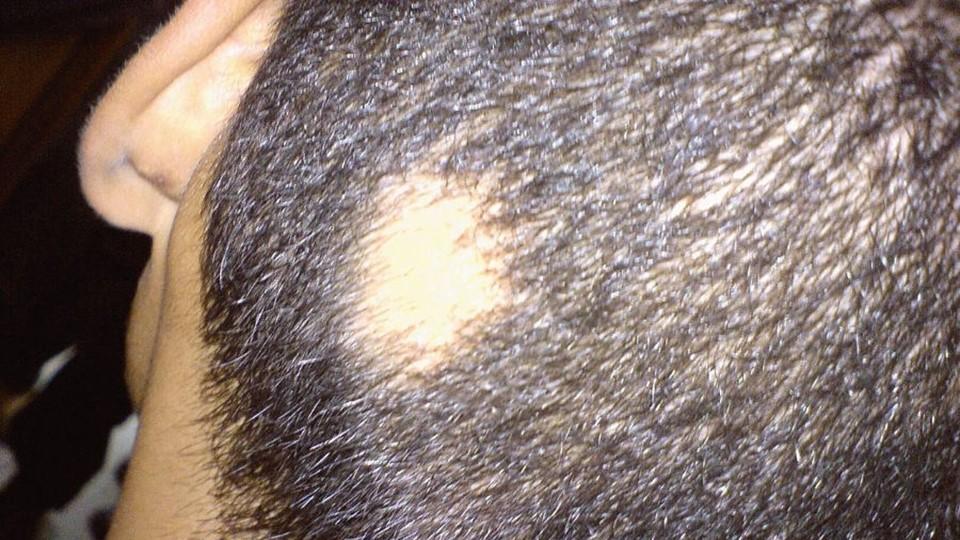Pfizer’s alopecia drug gets EU nod, chasing Lilly’s Olumiant

Pfizer has picked up approval in the EU for Litfulo, its JAK inhibitor for severe alopecia areata, extending its challenge to Eli Lilly’s first-to-market Olumiant.
The European Commission has cleared the dual inhibitor (JAK3 and TEC), given as a once-daily oral capsule, to treat people aged 12 and over with the condition, an autoimmune disorder which leads to hair loss. Pfizer said that Litfulo (ritlecitinib) is the first alopecia areata therapy to be cleared for use in adolescents in the EU.
JAK1/2 inhibitor Olumiant (baricitinib) was the first drug to be approved for alopecia areata in Europe, getting a green light there last year. It is currently only indicated for use in adults, however, giving Pfizer an edge in the market. Both drugs are already approved in the US, with the same age ranges on their labelling as in the EU, as well as Japan.
The approval is based on the phase 2b/3 ALLEGRO trial in 718 patients with 50% or greater hair loss on the scalp, in which 23% of those treated with Litfulo reached the objective of 80% hair coverage compared to 1.6% of the placebo group, as measured by the Severity of Alopecia Tool (SALT).
Furthermore, 13.4% of patients saw 90% or more scalp hair coverage after 24 weeks of treatment with Litfulo compared to 1.5% with placebo, and almost half of all patients taking the drug reported a “moderate” or “great” improvement in hair growth versus 9% of the control group.
Impacting approximately 2% of the population at some point during their lifetime, alopecia areata can affect people of any age, gender, race, or ethnicity, said Pfizer. Prevalence of the disorder peaks between 10 and 30 years of age and almost 20% of people are diagnosed before the age of 18.
Analysts think that alopecia areata could represent a $1 billion-plus opportunity, as current treatment relies on corticosteroid drugs, which suppress the immune system, but can have serious side effects if used long-term.
Olumiant is also approved to treat other conditions, including rheumatoid arthritis and atopic dermatitis, and sales were in decline – mainly as a result of regulatory concerns about the safety of the JAK inhibitor class – until the alopecia indication returned the drug to growth.
Second-quarter global sales came in at $219 million, a rise of 18%, but the drug is still running below its peak turnover of more than $1.1 billion a year.
A third JAK candidate – Sun Pharma’s deuruxolitinib– is also in late-stage trials in alopecia areata and was due to be filed for approval in the US in the first half of this year.
Pfizer, meanwhile, is also testing ritlecitinib for vitiligo, rheumatoid arthritis, Crohn's disease, and ulcerative colitis.













